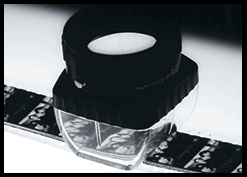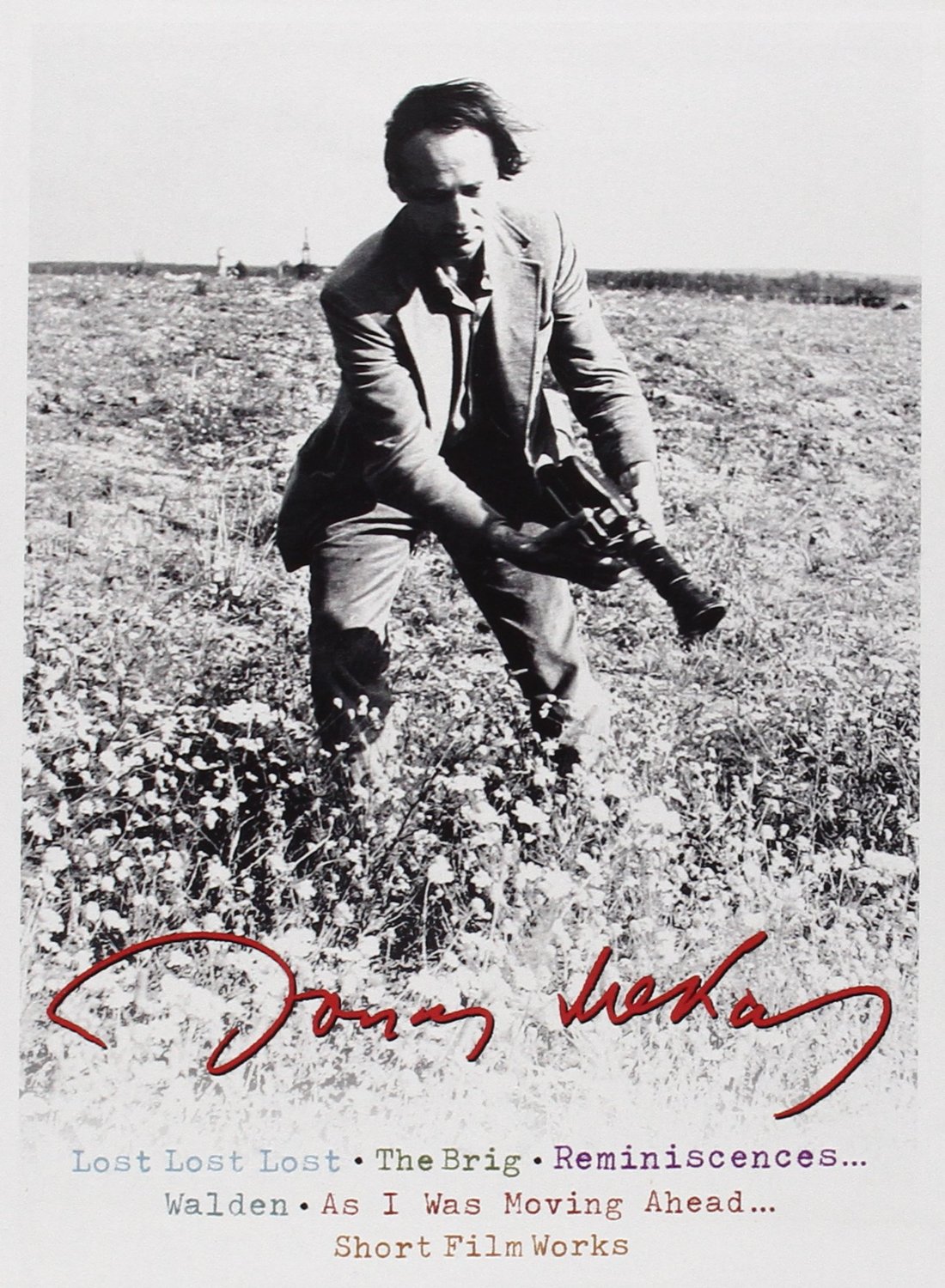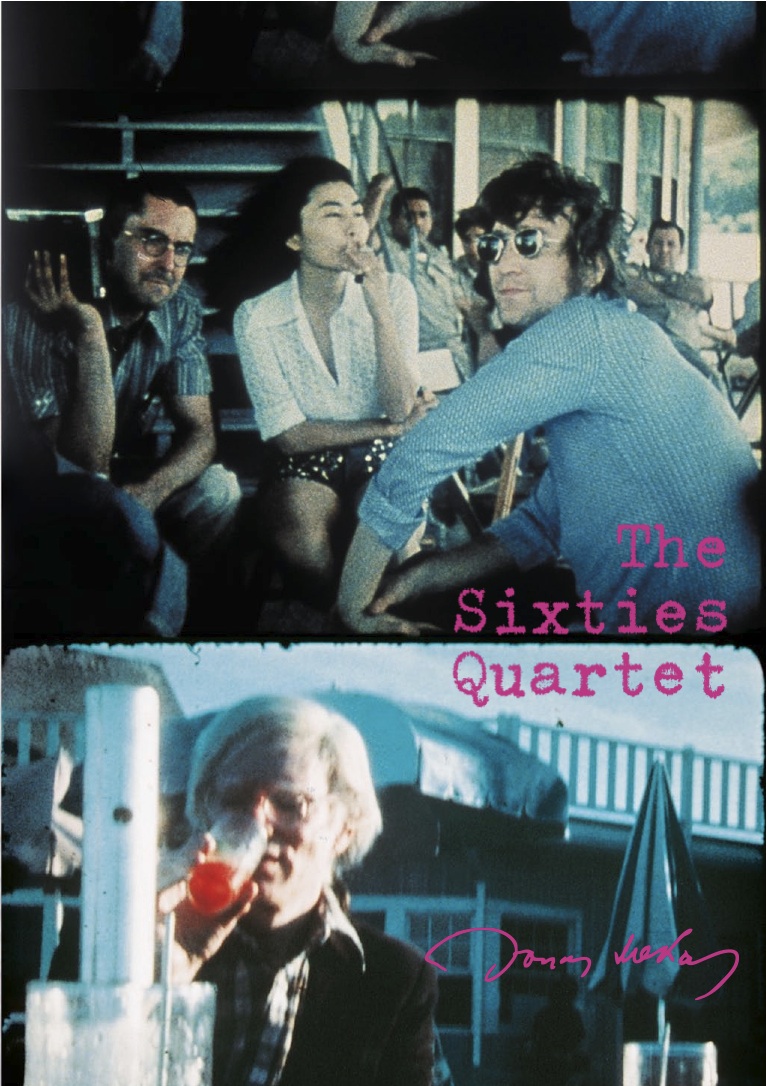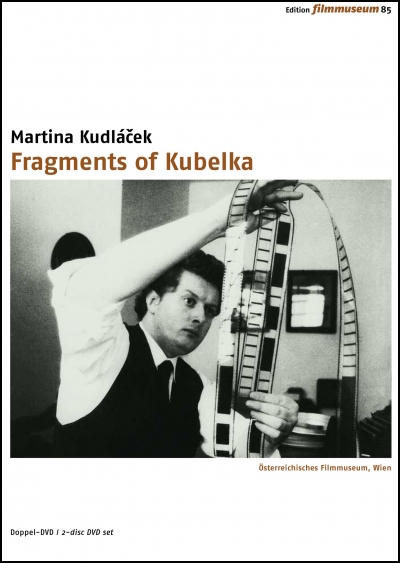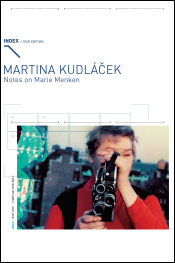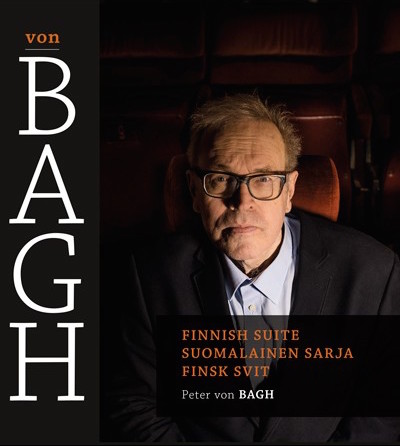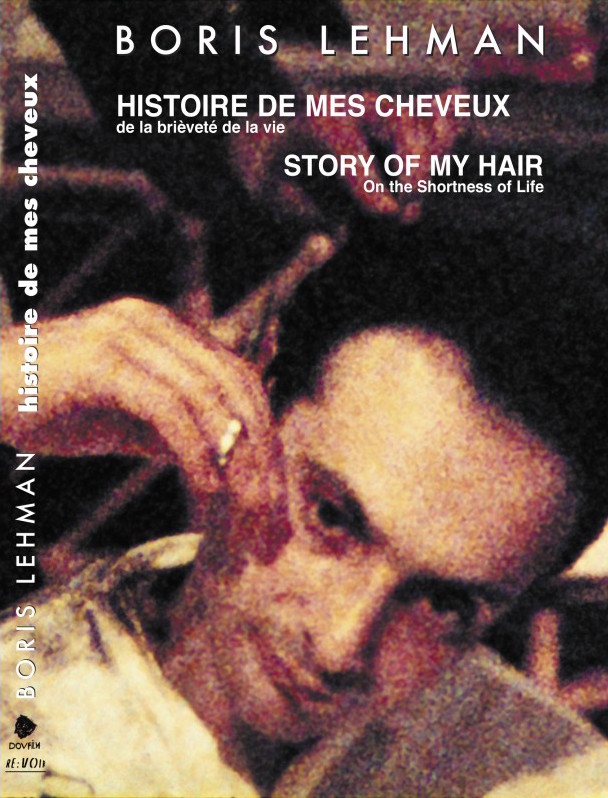GME DVD Distribution – Diary Films by Jonas Mekas and David Perlov – Now Available for North American Institutional Sales
/The Diary Film was a significant form that has run throughout the history of American independent cinema, and whose major practitioner has been filmmaker Jonas Mekas. GME is therefore pleased to add HE STANDS IN A DESERT COUNTING THE SECONDS OF HIS LIFE to other boxed set editions of Mekas’s other diary films THE MAJOR WORKS and THE SIXITES QUARTET. Shot between 1969 and 1985, the film consists of 124 brief sketches, each half-a-minute to about two minutes long. According to Mekas, these are “Portraits of people I have spent time with, places, seasons of the year, weather (storms, snow, blizzards etc...) many of my film-maker friends- streets and parks of New-York- brief escape in nature, out of town- nothing spectacular, unimportant celebrations of life that has gone, by now, and remains only as a record in these personal, brief sketches."
◊
GME is proud to expand its international offerings to include Israeli cinema. We herewith release David Perlov’s DIARY as a complement to the aforementioned movies by Jonas Mekas. Perlov had worked in Paris with the great documentarist, Joris Ivens, and he brought to Israeli film the personal, experimental tradition of the documentary cinema. According to Uri Klein (writing in the Israeli newspaper Haaretz):
"At the center of Perlov’s work is the gaze:…the gaze through the window of Perlov’s house, which gave rise to his most important work, and the most important film in the history of Israeli cinema, DIARY; his gaze at the surroundings close to his home in Tel Aviv, and his recurring gaze at Paris, where he spent a few years in the 1950s, and at Sao Paolo, the city in which he grew up, in his native land, Brazil. This was the genesis of the six chapters of DIARY, each an hour long, which were filmed in the course of the decade that followed.
Over the years, through the totality of his work, David Perlov’s gaze became our gaze; and this place, this house, where he made his films, became our house, the house to which we return anew whenever we watch DIARY. He was able to transform the biography of the self into the biography of the other, and to transmute his self-portrait into the portrait of the viewer. His cinema, then, is the identity card of us all."
◊
Related Titles of Interest from GME:

